"UPROOTED"

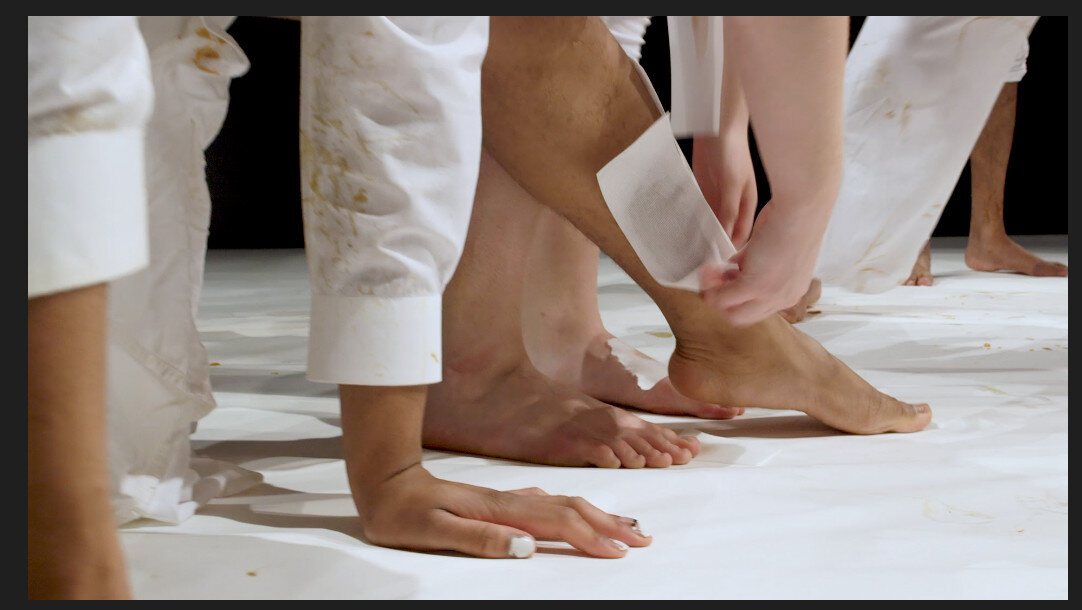
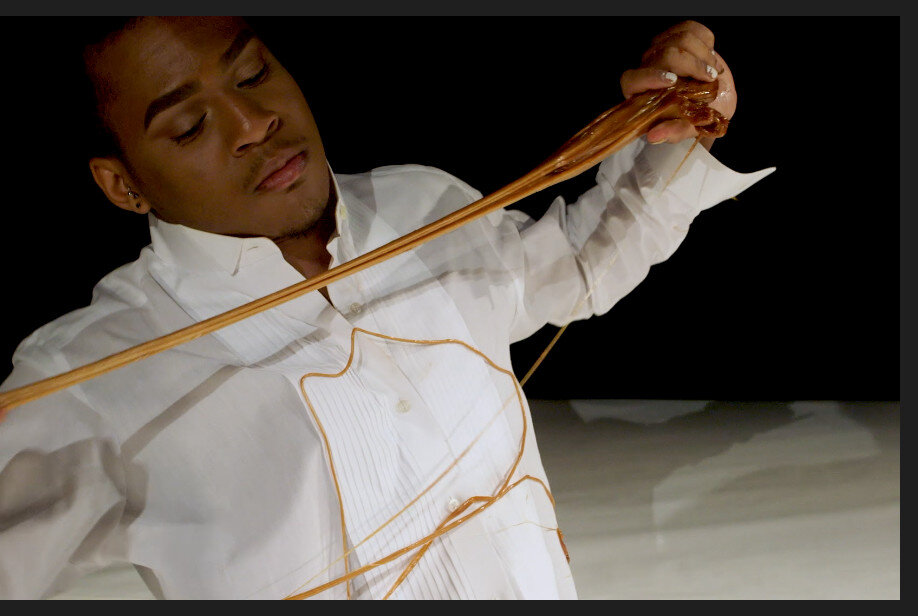
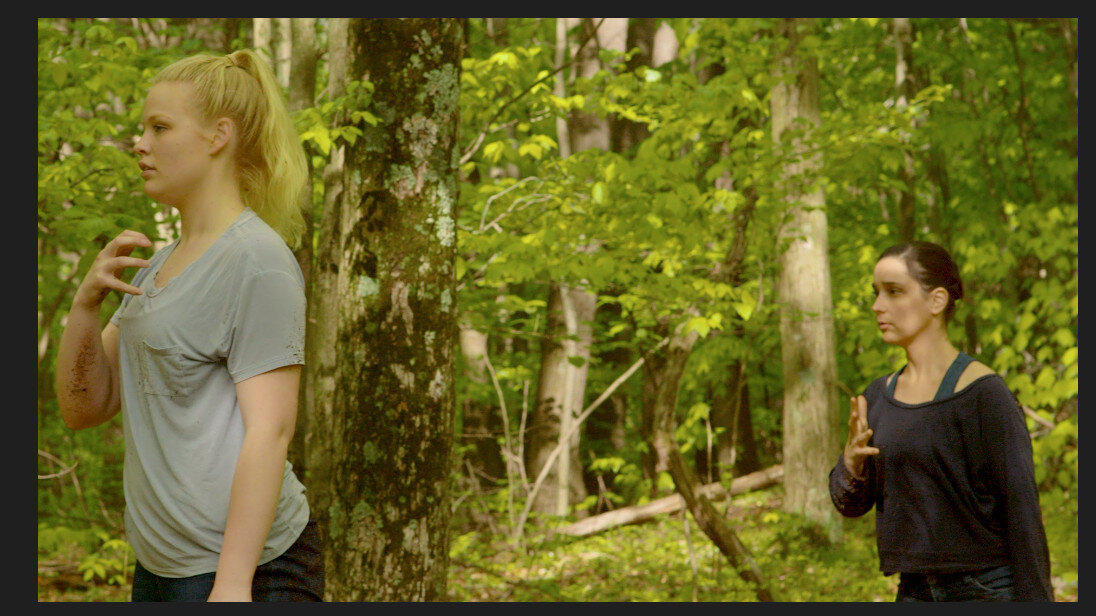
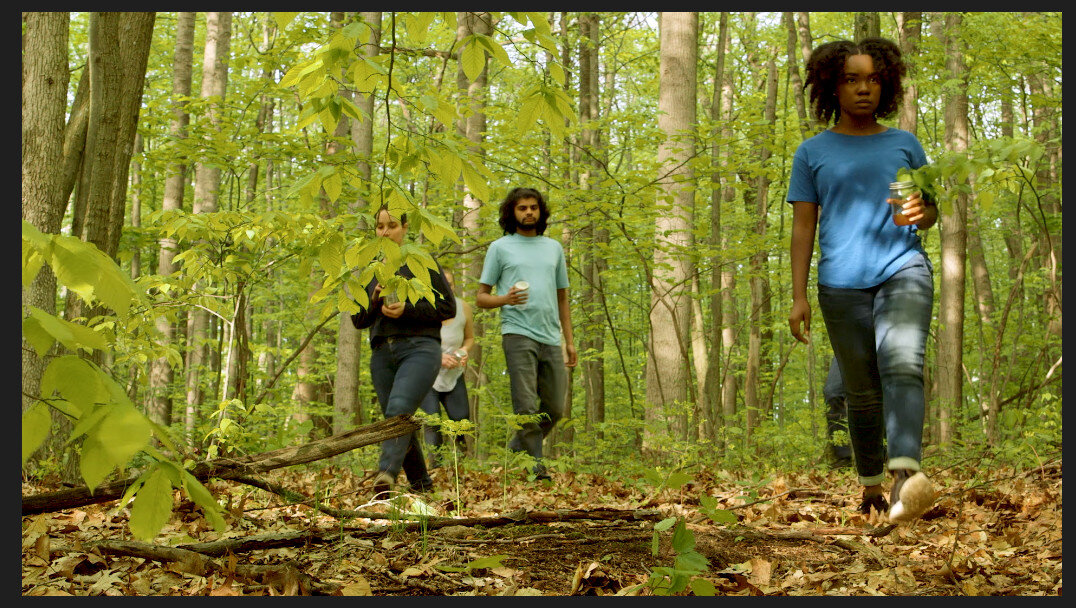
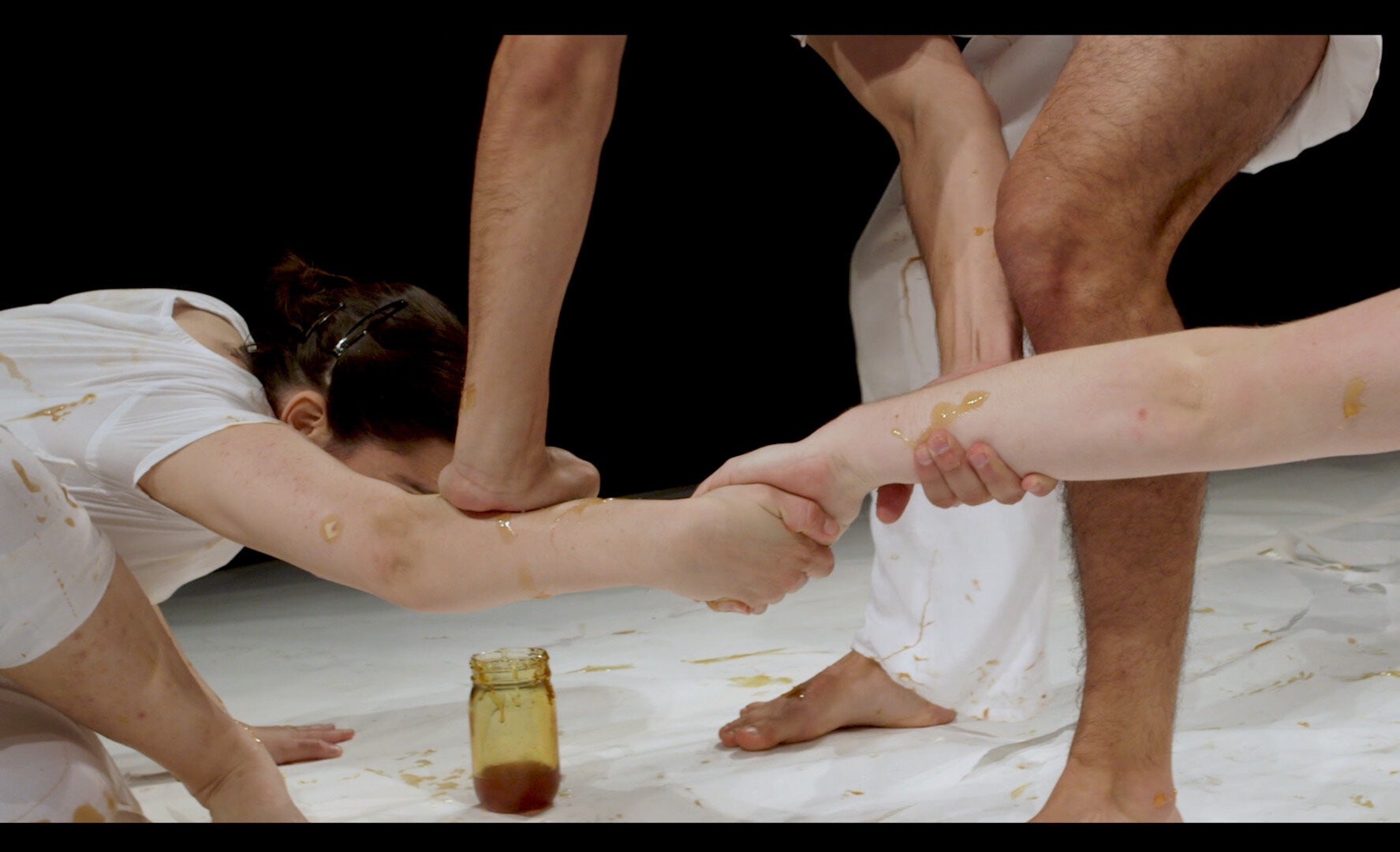
“UPROOTED”
Immigration, taffy, wax. Removal, alien, roots, belonging. Dance. These apparently unrelated words are the departure point for Uprooted, a dance for camera project that uses contemporary and Mid-Michigan site-specific dance, metaphor, and movement to address issues of immigration, migration, and displacement to a soundtrack of local immigrant stories that narrate their relationships to the concept of “uprooted.”
ROSELY CONZ
Rosely Conz (Brazil, MA, MFA) is a Brazilian dancer, performer, choreographer, and filmmaker. Since 2014, Rosely has been researching how dance and film can be involved in issues of immigration and foreignness. She was the choreographer, performer and co-producer for dance for camera works such as TerraBlue (2017), accepted at Women in Dance Leadership Conference in NYC, and A Line is a Curve That Cannot Dream (2015), made in collaboration with Adam Sekuler and exhibited at Zeitgeist Multi-Cultural Center, New Orleans, LA (2015), Bryant Lake Bowl, Minneapolis, MN (2015), Hinterland, Detroit, MI (2015).
Rosely has an MFA from the University of Colorado at Boulder, an MA in Performing Arts and BFA in Dance by the University of Campinas-Brazil and had her work funded by grants such as Pine River Arts Grant, FICC (Fund for Cultural Investments) and Capes (Coordination for the Improvement of Higher Education Personnel), and supported by Merge Dance Company and by the Atlas Black Box Experimental Studio in Boulder- CO. Presently, Rosely is an Assistant Professor at Alma College in Michigan.
STEPHANY SLAUGHTER
Stephany Slaughter (USA, Ph.D.) is an associate professor of Spanish and Chair of the Modern Language Department at Alma College where she teaches classes related to language, literature, and culture of Latin America. She pursues research in gender studies; cultural studies; Latin American (especially Mexican) film, theater, performance; borders and immigration; and representations of the Mexican Revolution. Publications related to film and/or immigration include “#TrumpEffects: Creating Rhetorical Spaces for Latinx Political Engagement” published in The Latinamericanist (2017); “(In)visibilities, (De)humanizations and Globalizations: The Migrant Body in Border Film of the 2000s” in the Forum for Inter-American Research (November 2010); “Transnational Zapata: From the Ejército Zapatista de Liberación Nacional to Immigrant Marches” (Journal of Transnational American Studies, Dec 2012).
In 2010, Stephany won an Emmy for her work as a field producer on the Oscar-nominated and Emmy Award-winning documentary, Which Way Home (directed by Rebecca Cammisa, 2009), that tells the story of unaccompanied minors who take the train across Mexico with hopes of reaching the U.S. She was Associate Producer for the short film, Break My Bones (Dir. Anthony Collamati 2015), and Co-Producer for the short film, Base Camp (Dir. Anthony Collamati 2018).

